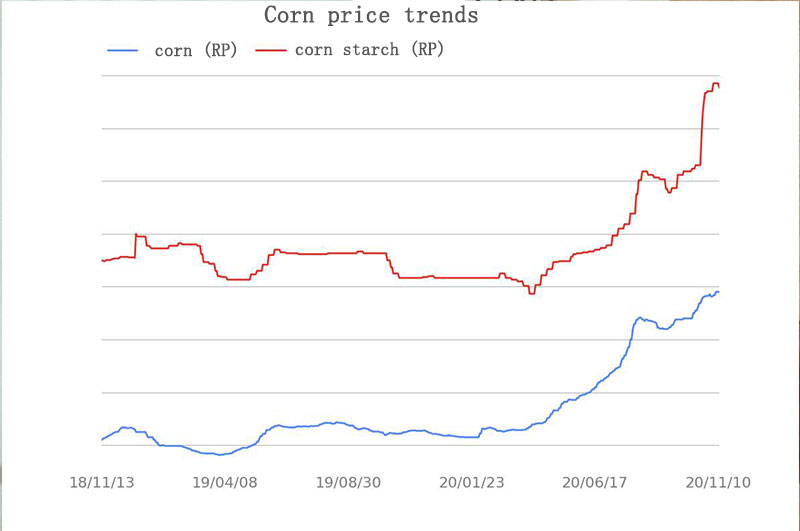Organic maltodextrin is a plant-sourced sweetener made from corn starch. It is generally used to thicken or as a filler to increase the volume of processed foods. It is also a common ingredient in sports drinks and snacks, as it provides a quick and easy source of energy. But what are the environmental impacts of this widely used food additive?
The source of starch
One of the main concerns about organic maltodextrin is its source of starch. Most of the corn used to produce maltodextrin comes from genetically modified (GM) crops, which may have negative effects on biodiversity, soil health, and water quality. GM crops may also increase the use of herbicides and pesticides, which can contaminate the environment and harm wildlife. Moreover, the production of corn requires large amounts of land, water, and fertilizer, which can contribute to deforestation, water scarcity, and greenhouse gas emissions.
The processing of starch
Another issue with organic maltodextrin is its processing. To make maltodextrin, manufacturers put starch through a process called hydrolysis, which uses water, enzymes, and acids to break it down into smaller sugar molecules. This process requires energy and generates waste, which can affect the environment. For example, the enzymes and acids used in hydrolysis may be derived from animal or microbial sources, which may raise ethical and ecological concerns. The waste water from hydrolysis may also contain organic pollutants and heavy metals, which can harm aquatic ecosystems if not properly treated.
The consumption of maltodextrin
A third problem with organic maltodextrin is its consumption. Maltodextrin has a high glycemic index (GI) value, which means it can cause a spike in blood sugar levels. This can lead to health issues such as obesity, diabetes, and cardiovascular diseases. These diseases not only affect the quality of life of individuals, but also impose a burden on the health care system and the environment. For instance, obesity and diabetes are associated with increased energy consumption, food waste, and greenhouse gas emissions.
Conclusion
In conclusion, organic maltodextrin is a food additive that has various environmental impacts. It is derived from GM corn that may harm biodiversity and soil health. It is processed using water, enzymes, and acids that may generate waste and pollution. It is consumed as a source of energy that may cause health problems and increase environmental footprint. Therefore, it is advisable to limit the intake of organic maltodextrin and opt for more natural and sustainable alternatives.

